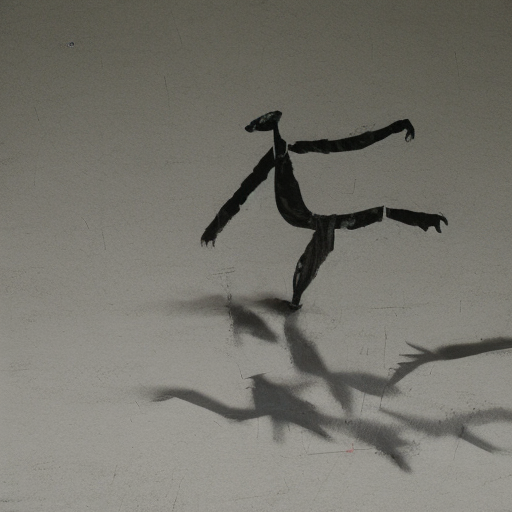Poverty and Nobility by Mario Mattoli
Summary: Poverty and Nobility is a comedic Italian film directed by Mario Mattoli. It follows the misadventures of Felice Sciosciammocca, a poor but ambitious Neapolitan servant who dreams of becoming a nobleman. When Felice wins a lottery ticket, he sees it as his ticket to a life of luxury and prestige. However, his plans are thwarted when he is mistaken for a wealthy aristocrat and invited to a lavish party. Chaos ensues as Felice tries to maintain his charade while navigating the world of the upper class.
Cast and Crew:
- Director: Mario Mattoli
- Writers: Mario Amendola, Ruggero Maccari
- Main Cast: Totò as Felice Sciosciammocca, Peppino De Filippo as Pasquale, Teddy Reno as Alberto, Ave Ninchi as Rosina, Aroldo Tieri as Nicola, Delia Scala as Maria
- Music Director: Carlo Innocenzi
- Director of Photography: Mario Albertelli
- Producers: Dino De Laurentiis, Carlo Ponti
Plot:
Felice Sciosciammocca, a servant in Naples, dreams of escaping poverty and becoming a nobleman. His life takes an unexpected turn when he wins a lottery ticket. Believing this is his chance to change his fate, Felice decides to use the money to buy a noble title. However, before he can do so, he is mistaken for a wealthy aristocrat and invited to a grand party at the home of the Marquis De Riso.
At the party, Felice finds himself surrounded by the upper class, who are unaware of his true identity. He tries to maintain his charade, but his lack of knowledge about noble etiquette and his working-class habits make him stand out. Despite his best efforts, Felice’s true identity is eventually revealed, leading to hilarious and chaotic situations.
Throughout the film, Felice’s interactions with the upper class highlight the stark contrast between the rich and the poor. The movie satirizes the social divide and the desire for upward mobility. It also explores themes of identity, as Felice struggles to reconcile his humble origins with his aspirations for a better life.
Reception and Legacy:
Upon its release in 1954, Poverty and Nobility was a commercial success, becoming one of the highest-grossing Italian films of the year. It received positive reviews for its humor, performances, and social commentary. The film’s success solidified Totò’s status as one of Italy’s most beloved comedians.
Although Poverty and Nobility did not receive any major awards or nominations, it remains a classic in Italian cinema. Its comedic portrayal of social class and the pursuit of wealth continues to resonate with audiences. The film’s enduring popularity has influenced subsequent comedies and has cemented its place in the history of Italian cinema.
Recommendation:
Poverty and Nobility is a delightful comedy that offers a humorous take on social class and the pursuit of wealth. With its witty dialogue, charming performances, and satirical commentary, the film is sure to entertain viewers of all ages. Whether you are a fan of Italian cinema or simply looking for a lighthearted comedy, Poverty and Nobility is a must-watch.
Memorable Quote:
Felice Sciosciammocca: “I may be poor, but I have a noble heart. And with a noble heart, I can conquer the world!”












